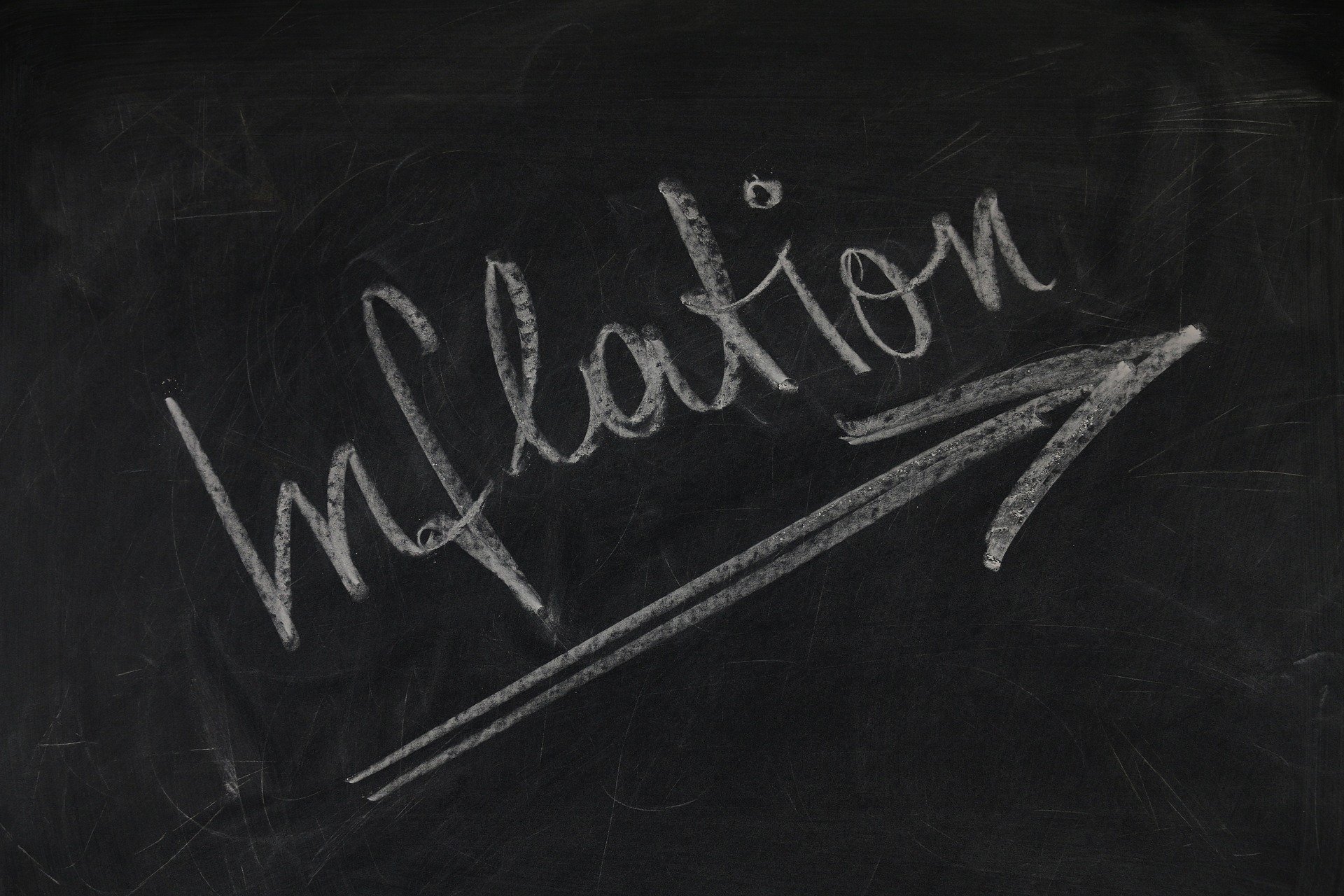Business and Economy
Ex-BSP exec sees 5.5% average inflation in 2022

The monthly inflation rate surpassed the government target range last April when it accelerated to 4.9 percent from the previous month’s 4 percent. (Pixabay photo)
MANILA – A former central banker on Friday projected the domestic inflation rate for this and next year to reach 5.5 percent and 4.5 percent, respectively, citing volatilities in oil prices, among others.
At a forum streamed through the Facebook page of the Foundation for Economic Freedom (FEF), former Bangko Sentral ng Pilipinas Deputy Governor Diwa Guinigundo said uncertainties on developments around the globe are causing upticks in prices of commodities and have resulted in second-round effects in the country.
“I think it (average inflation) can even be more than the 5 percent average for 2022 and the 4.2 percent for 2023. It could reach probably 5.5 (percent) for 2022 and maybe four-and-a-half for 2023,” he said referring to the inflation projections of the central bank until next year.
As of the first six months of this year, the average rate of price increases stood at 4.4 percent, higher than the government’s 2-4 percent target band until 2023.
The monthly inflation rate surpassed the government target range last April when it accelerated to 4.9 percent from the previous month’s 4 percent.
It posted higher levels in the next two months to 5.4 percent and 6.1 percent, respectively.
All these upticks were traced to the continued rise of prices of oil and other commodities in the international market, due in part to concerns about the Ukraine-Russia war and possible economic recession in the US.
To help tame the domestic inflation rate, the BSP’s policy-making Monetary Board (MB) has increased the central bank’s key policy rates by 25 basis points each in two consecutive meetings last May and June.
To date, the BSP’s overnight reverse repurchase (RRP) rate is at 2.5 percent and projections are for the key rates to be increased by as much as 75 basis points more this year given the expectations for further acceleration of the inflation rate.
Monetary authorities said the rate increases are not expected to hurt domestic output since the continued recovery of the domestic economy gave the BSP the leeway to hike its rates.
Guinigundo said that since inflation has resulted in second-round effects, such as the increase in the minimum fare in public utility vehicles (PUVs) and the petitions for wage hikes, the monetary policy should be enforced more aggressively.
He said that with the positive growth prospects of the economy, the hikes in the BSP’s key rates will help address not just the inflationary pressures from higher commodity prices but also the deprecation of the peso, which has been negatively affected by the strengthening of the US dollar partly because of the continued increases in the Federal Reserve’s key rates.
“In other words, we don’t think that the aggressive monetary policy actions on the part of the BSP will make a dent on the growth prospects of the Philippine economy,” he said, adding that policy and structural reforms since the mid-1990s have provided resilience to the local currency.





















